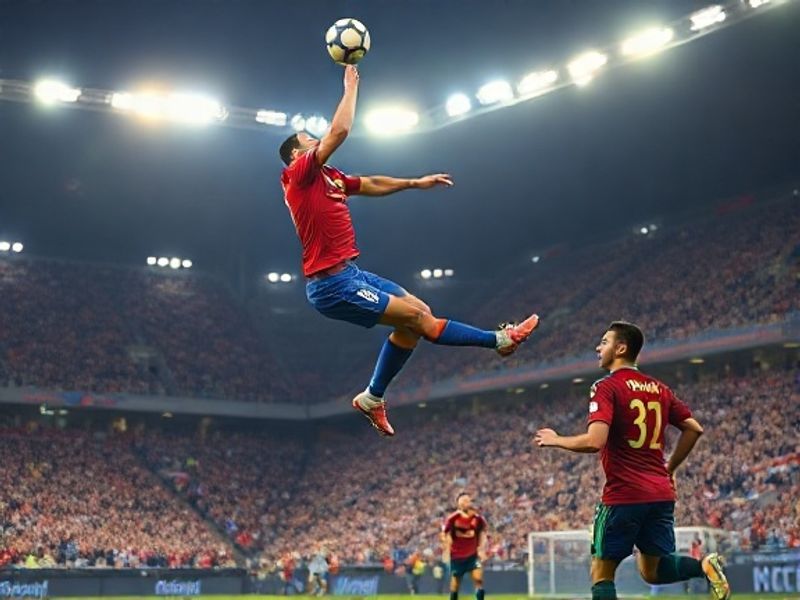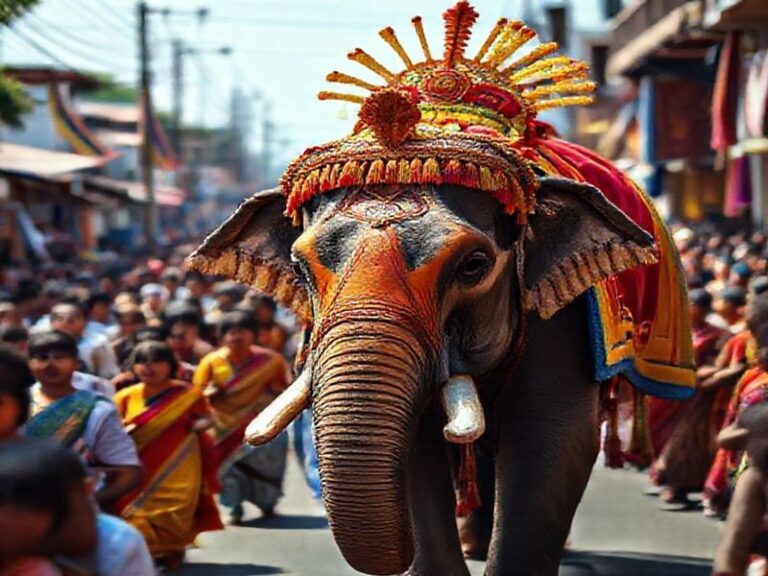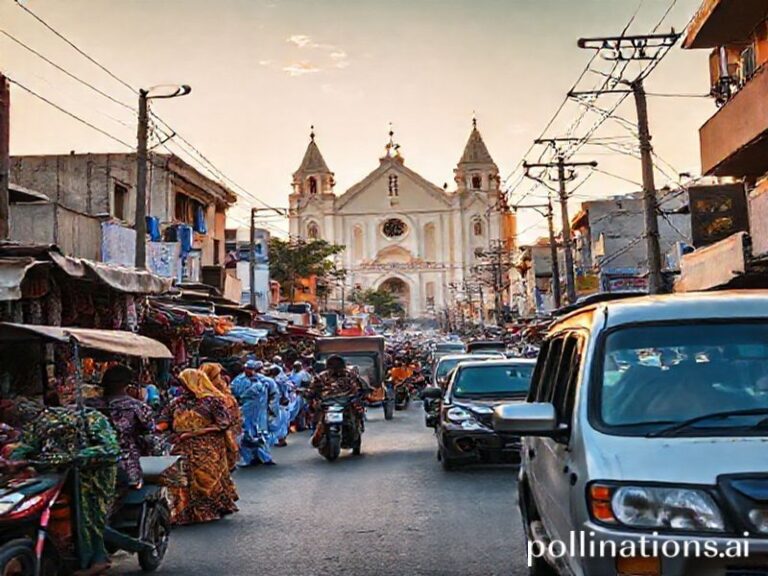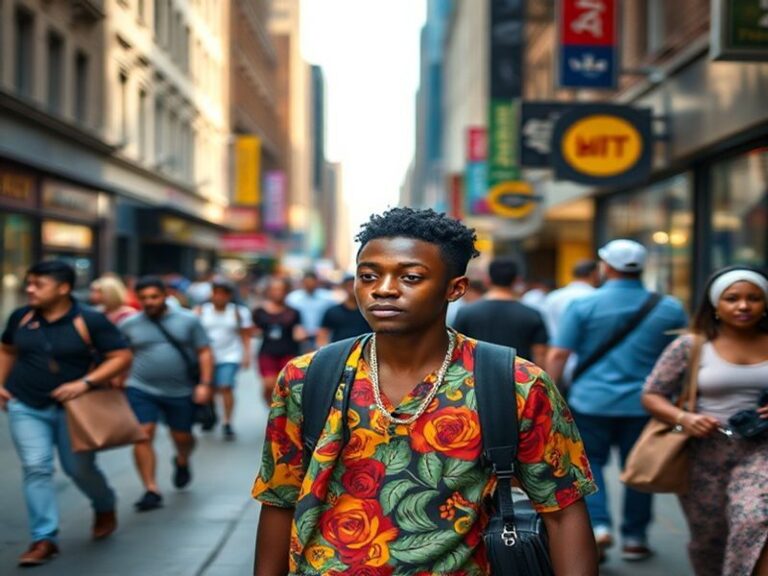Armenia vs Portugal: When Football Scores Mask Geopolitical Blowouts
Yerevan—The Armenian capital smells of apricots, diesel, and the faint, metallic whiff of existential dread that hovers over any nation whose neighbor keeps tanks on the lawn. On Thursday night, that bouquet was joined by grilled sardines and Cristiano Ronaldo’s cologne as Portugal rolled into town for a Euro qualifier. The final score—Portugal 3, Armenia 1—was predictable enough to make Nostradamus yawn, yet the evening still managed to illuminate the planet’s favorite pastime: watching small countries audition for the privilege of being politely thrashed by bigger ones.
Global audiences were assured this was “just football,” a soothing fiction we tell ourselves whenever 22 millionaires chase a ball while flags ripple and anthems play. Still, the geopolitical undercard was hard to ignore. Armenia, population three million and shrinking faster than its foreign currency reserves, is currently hosting 120,000 refugees who fled ethnic cleansing last year in Nagorno-Karabakh. Portugal, meanwhile, is busy marketing itself as Europe’s safest tax haven for cryptocurrency barons who’ve already ruined San Sebastián’s skyline. One nation worries about survival; the other about whether the new marina in Cascais has enough berths for super-yachts. But sure, let’s pretend the playing field is level.
Ronaldo opened the scoring with a penalty so soft it could have been wrapped in tissue paper and mailed to Brussels. Armenian keeper Yurchenko guessed correctly, but the ball moved faster than EU observers fleeing a war-crime scene. The second Portuguese goal arrived courtesy of a defensive header that traveled farther backward than Russian trade statistics. By the time the third nestled in the net, local fans were already consoling themselves with the knowledge that defeat is Armenia’s most reliable export after brandy and melancholy.
Yet the real action happened in the stands. UEFA’s “No Politics” banners fluttered beside scarves stitched with “Recognize Artsakh,” a juxtaposition so absurd it could headline the Edinburgh Fringe. Security confiscated one Armenian fan’s flag depicting a blood-soaked map; they missed the Portuguese investment banker waving a golden visa like a victory scarf. Somewhere in the middle, a Syrian-Armenian refugee watched his first live match and wondered why the world cares more about goal difference than demographic difference. Fair question, sir; unfortunately, VAR can’t review colonial history.
The broader significance? In an era when great powers outsource their wars to proxies and their supply chains to autocrats, international football remains our most honest empire: a meritocracy of cash. Portugal’s starting XI earns more per week than Armenia’s entire defense budget, a fact that would be hilarious if it weren’t typed next to UN reports warning of further regional escalation. Every cross, every tactical foul, every rehearsed goal celebration is a reminder that soft power now travels via television rights, not treaties. The scoreboard may read 3-1, but the ledger shows broadcasting revenue up 18 percent for the Portuguese league and Armenian tourism officials praying for a consolation mention in The Guardian’s weekend roundup.
Back outside the stadium, children traded player stickers beneath posters of missing soldiers—an after-school economics lesson in opportunity cost. Meanwhile, UEFA’s delegates sped off in climate-controlled buses, already drafting press releases about the unifying power of sport. They will never have to wonder whether the highway they’re on was paid for by diaspora remittances or oligarch laundering, and that, dear reader, is the true miracle of the beautiful game: it makes everyone complicit, yet nobody feels responsible.
Final whistle. The Portuguese fans belted out “Eu Quero Acreditar”—I want to believe—apparently unaware that belief is a luxury good subject to import tariffs. Armenian supporters responded with a thunderous round of applause, the kind you give when dignity is the only thing left in the souvenir shop. Somewhere in between, the rest of us logged off, already calculating which underdog we’ll pretend to care about before the next commercial break. Until then, the score remains: Capital 3, Hope 1. Extra time unlimited.







